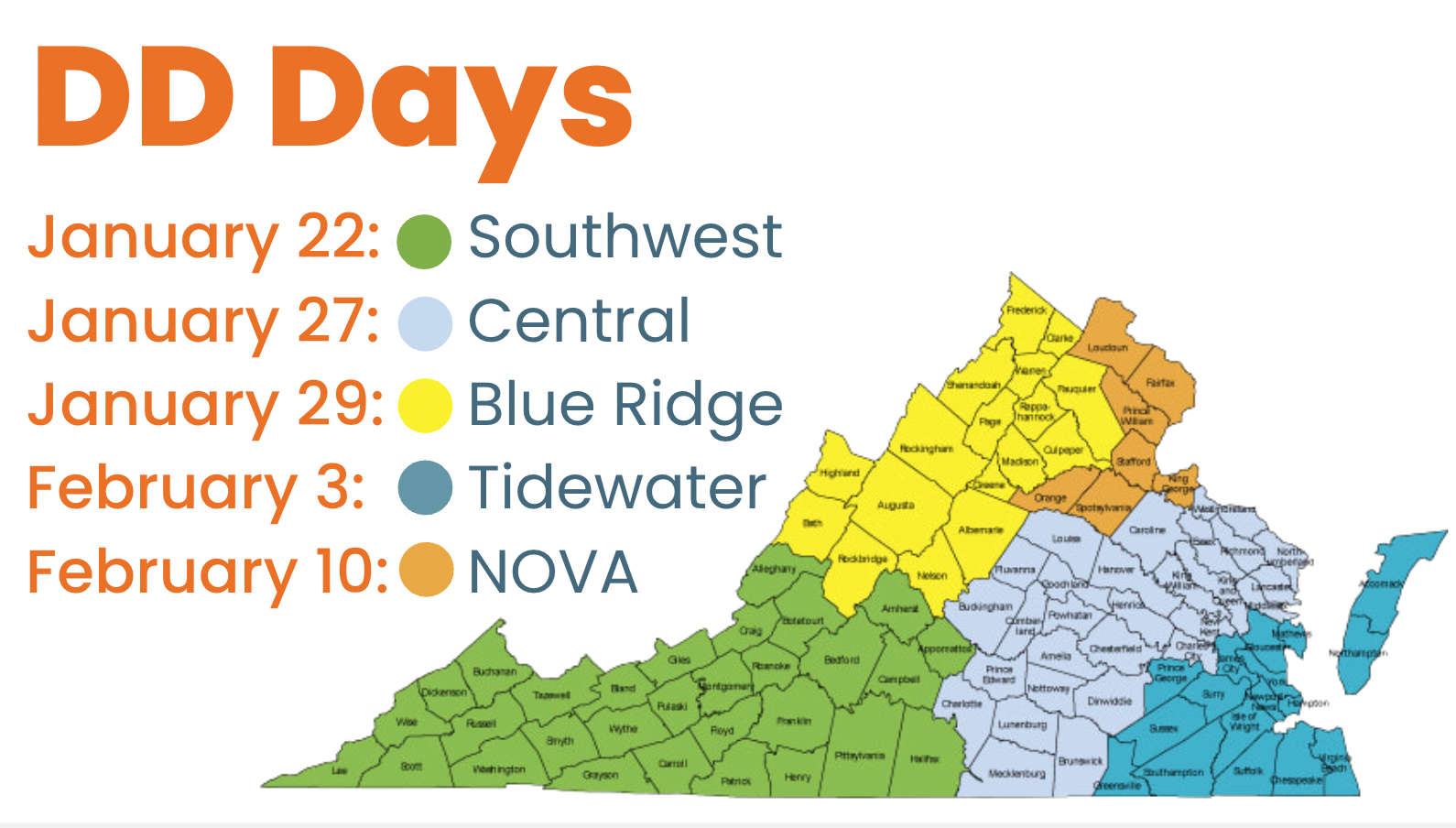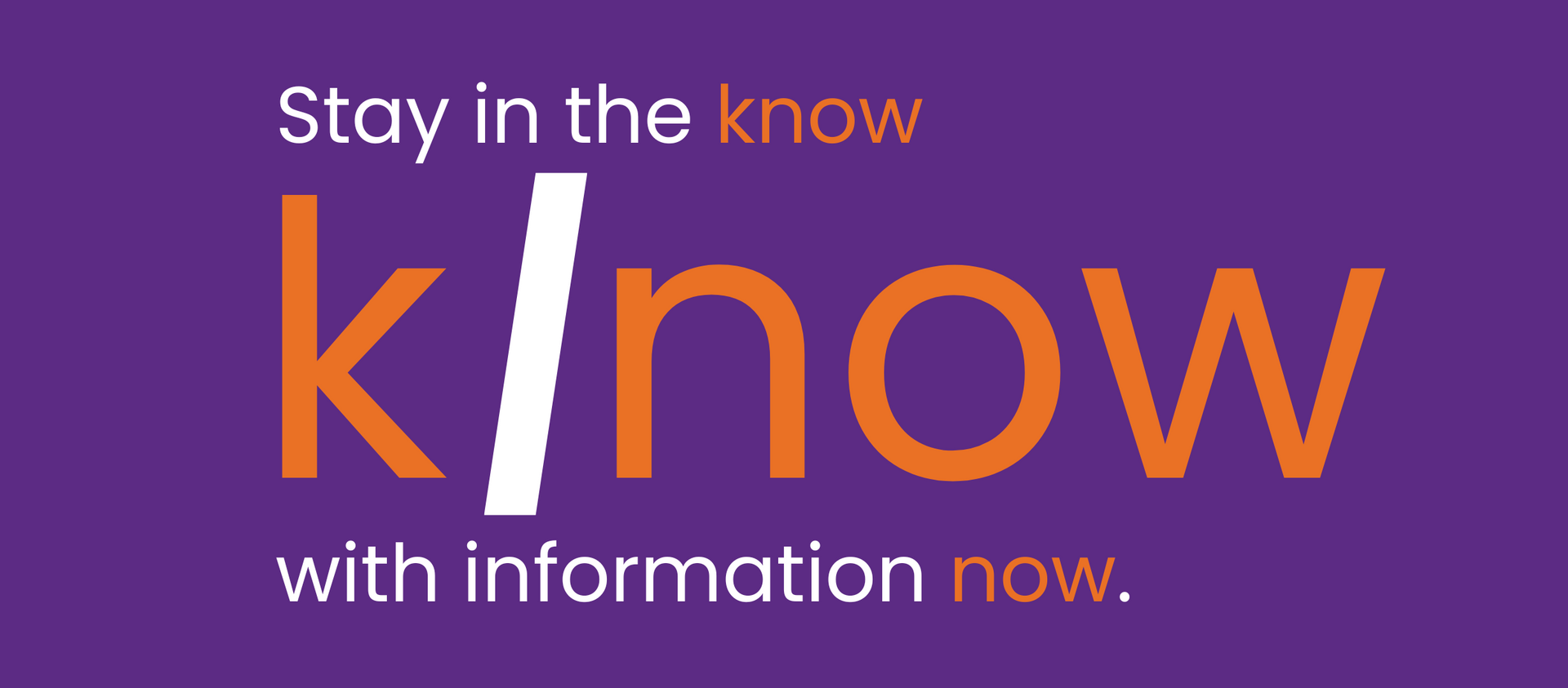Advocate With Us
Change doesn’t happen on its own—it happens when people speak up, show up, and take action together.
At The Arc of Virginia, advocacy is at the heart of what we do. Our Action Center is your go-to space for learning about key issues, tracking legislation, and finding simple ways to make your voice heard—whether you're a self-advocate, family member, provider, or ally.

The Arc of Virginia is so excited to invite you to our DD Days for the 2026 General Assembly! These are days when each region's chapters, self-advocates, families, and allies come to the Virginia State Capitol and share their experiences with lawmakers. Please take a moment to review the map and find your region. You will sign up for the date that goes with your region. For example: If you live in Augusta, you will sign up for the Blue Ridge DD Day on January 29th. If you need any help figuring out your region or signing up, email lgerken@thearcofva.org.
K/now is The Arc of Virginia’s digital newsletter—your quick, trusted source for advocacy alerts, policy updates, and action opportunities. Know what’s happening now so you can help shape what happens next.

